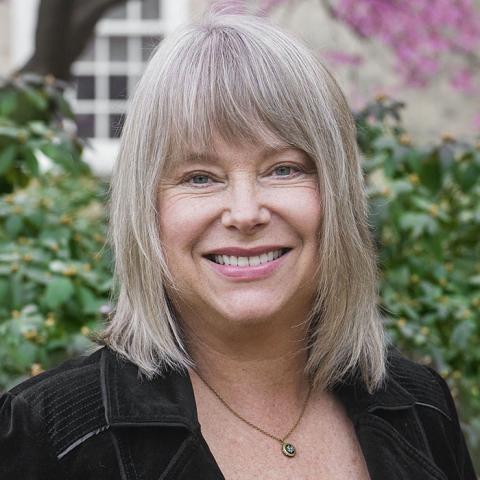Summer Centered: Teddy Carlin '24 Interns at a Women's Health Clinic

Details
During his summer internship at a women's health clinic, Teddy Carlin '24 witnessed what the overturning of Roe v. Wade has wrought for women and for health care providers.
When Roe v. Wade was overturned last year by the U.S. Supreme Court’s decision in Dobbs v. Jackson Women's Health Organization, which ended the constitutional right to an abortion, Teddy Carlin ’24 wanted to do what he could to help protect abortion access.
He had previously seen the documentary “Trapped,” which portrays the struggle of the Texas branch of Whole Women’s Health clinics against new regulations aimed at restricting abortion. Inspired, he spent his summer interning at the clinic’s location in Charlottesville, Virginia, sponsored by the Center for Career and Professional Advising.
In the past, Carlin had campaigned and canvassed for political candidates who supported women's reproductive rights, but interning at an abortion and reproductive health care clinic offered a new perspective on the rights those candidates are fighting to preserve.
The experience was eye-opening for Carlin, who is interested in a career in medicine and has taken classes at Haverford that discussed public health and abortion. Working primarily alongside patient advocates, as well as doctors and nurses on clinic days, he saw patients who had traveled incredible distances in search of care. The clinic often stayed open until late into the night so everyone could be seen. During the internship, Carlin learned about the challenge of funding abortions without Medicare or Medicaid coverage, which means abortion providers must call countless funding agencies and charities to find the money to support women in need.
“This experience taught me a lot about the day-to-day realities of medicine, while at the same time consistently providing opportunities that made it worth the effort,” Carlin said.
His duties included helping restock supplies, scheduling appointments, and securing funding to pay for patients’ procedures. He also took patient histories and vital information and discussed care options with them—many of whom did not speak English.
“Initially, it was challenging to form a connection with patients while communicating through our remote interpreters,” Carlin said. “With practice, I found a nice groove and developed relationships with some of the interpreters, who helped to provide compassionate care.”
Hearing patients’ stories inspired Carlin, who saw how much it meant to be offered help navigating such a challenging experience.
“Getting to watch the providers in our clinic—and also seeing the lack of providers willing to provide this care—emphasized the reasons why I want to practice medicine and further motivated me to pursue medicine,” he said.
—Ben Seal




